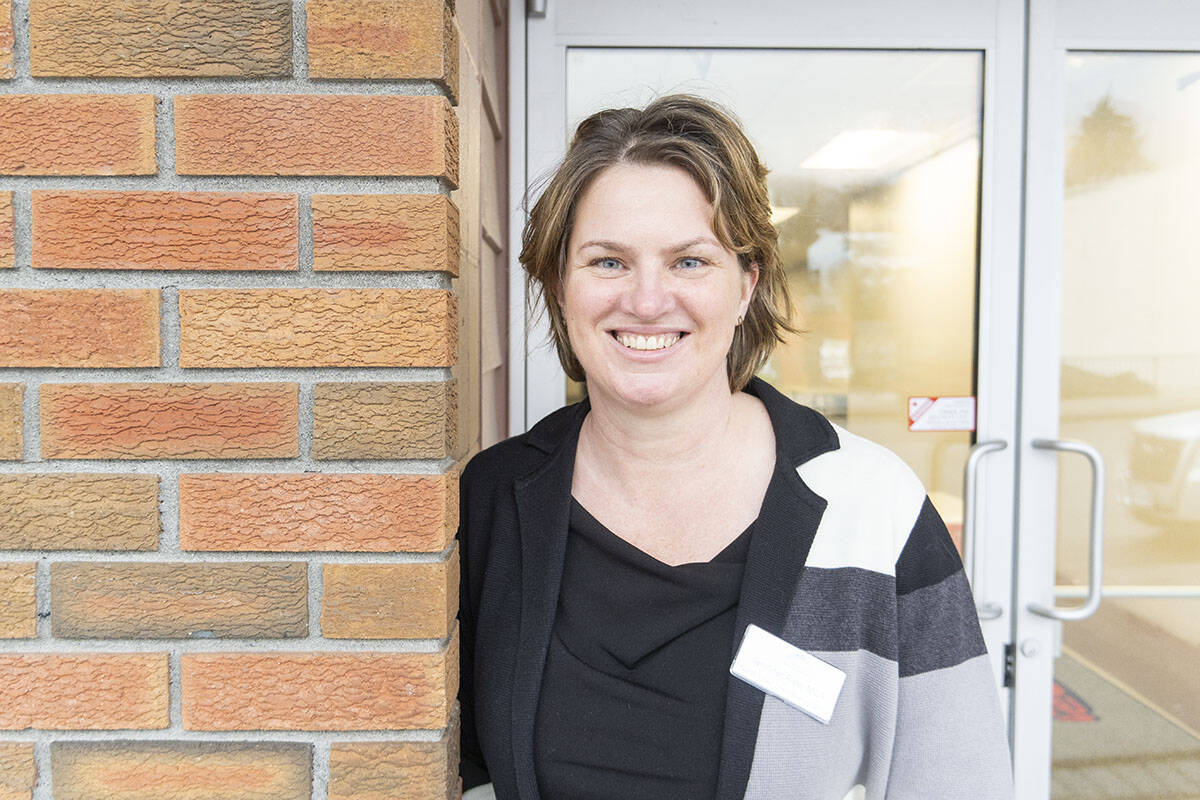More than 50 B.C. First Nations and local governments are receiving their share of more than $1.9 million in provincial emergency preparedness funding.
Funding will go toward capacity building for Emergency Support Services (ESS) in those communities through equipment purchases, volunteer recruitment, retention and training.
B.C. Minister of Public Safety and Solicitor General Mike Farnworth said it’s now “clearer than ever” that emergencies can strike at any time.“It’s so important for communities to be prepared and ready to respond before they do.”
He said the funds will help First Nations and local governments to expand support for evacuees and “get ahead of what might come.”
The funding is part of a $189-million Community Emergency Preparedness Fund administered through the Union of BC Municipalities (UBCM) toward programs for residents, First Nations and local governments.
The province is rolling out three new streams this year to better prepare for emergencies with a focus on public notification and evacuation planning, extreme-heat risk mapping, assessment, disaster risk reduction and climate adaptation, including flood-risk reduction.
Funding is also reopening for fire departments, Indigenous cultural safety training and emergency operations centres.
B.C. Parliamentary Secretary for Emergency Preparedness Jennifer Rice said the province has funded more than 1,000 First Nation and local government projects through the Community Emergency Preparedness Fund since 2017.
The province’s 2022 budget includes $2.1 billion for communities to build back from recent disasters and prepare for the future. B.C. is investing $110 million from this funding on top of previous contributions, for a total of $189 million.
Regional District of Bulkley-Nechako Board Chair Gerry Thiessen said the funding is “critical to the continued development and modernization” of community emergency support services.
He said more supplies will make a significant difference to volunteers and emergency support services in the region.
Those volunteers “are the first point of contact” for residents evacuating in an emergency event, Thiessen said.
“Ensuring they are prepared and well-supported to provide compassionate, efficient services is key in getting evacuees the support they need in a stressful situation.”
Communities throughout B.C. can apply for funding through this program for local “priority projects” designed to help reduce and prepare for disasters and climate-related emergencies.
READ MORE: Regional districts want more disaster funding from Emergency Management B.C.
Do you have a comment about this story? email:
michael.willcock@ominecaexpress.com
Like us on Facebook

